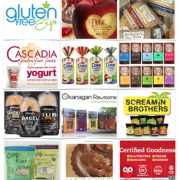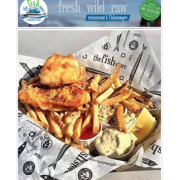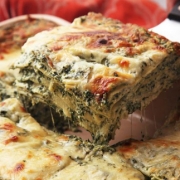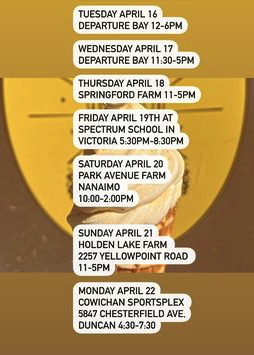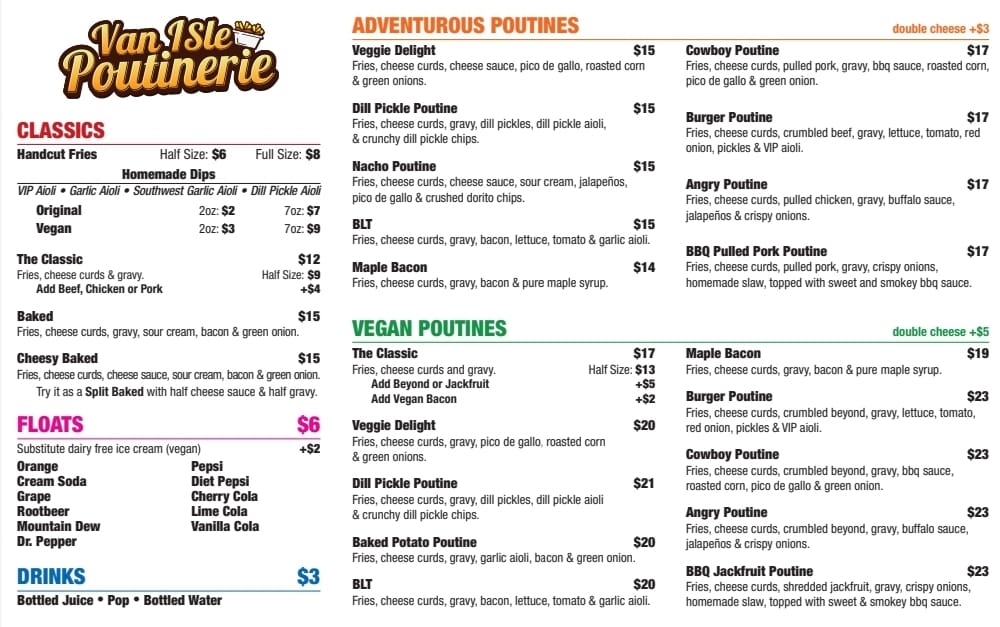Restaurant Cross-Contact Concerns are Common to Celiacs World Wide

- Semira Abbas Shalan, independent.com.mt 1
Coeliac disease is a condition, which causes serious inflammatory problems in the gastrointestinal tract upon consumption of gluten, found in wheat, barley and rye. Gluten-free products have become increasingly available in supermarkets over the years and restaurants have been opening themselves up to offering gluten-free food for those who suffer with this condition.
- “What many are not aware of however, is that proper preparation of gluten-free foods in restaurants is just as important, if not more so, as cross-contamination can pose risks for the individual.”
Q: Is there a way to know that food presented is completely gluten-free at a restaurant, besides being told so?
The capping for food to be considered gluten-free is that it should not contain more than 20 parts per million (ppm) of gluten, this being by law, said Grima, adding that if the number reaches above that, then it is not gluten-free. This amounts to 50mg of food, which can cause harm to a coeliac’s health, he said.
- “Abroad there is a device, the Nima device I believe, which supposedly acts as a gluten sensor, but even then, it is not found to be accurate,” Grima remarked.
Q: Is it common and widespread for restaurants to have cross-contamination in their kitchens, when it came to gluten-free foods?
He said that the association does not have a particular record of these restaurants nor does it mandate certain processes and training to be done in said restaurants as, ultimately, it is the restaurant’s decision to decide whether to offer gluten-free foods as well as ensuring it is free from contamination.
Grima added however that restaurants should follow small rules and procedures to truly ensure its food’s safety for coeliacs, following examples from abroad, such as the United Kingdom, Italy and even Cyprus, whose restaurants impose certain training on their staff on matters of allergens and conditions. Unfortunately, this is not as commonly prevalent in Malta, he said.
- “I would compare the situation to when a restaurant offers vegetarian dishes. Is the equipment cleaned before preparing vegetarian dishes, after meat has been used? In the same way, if there was a dish prepared with breadcrumbs, was it cleaned before using the same equipment for a coeliac’s dish?” He emphasized that the situation is always a question mark.
During food handling courses, the subject of allergens and diseases is covered in quite a generic way, touching only the tip of the iceberg, especially with regard to coeliac disease, Grima said. “It would be more suitable for there to be someone truly responsible to monitor what is happening in the kitchen, as well as train kitchen staff repeatedly, and on a yearly basis – there needs to be a sense of repetition,” he said.
Q: What happens if someone who suffers from the disease accidentally consumes a food which is not completely gluten-free?
Grima said that depending on the person, effects may be immediate or delayed, as well as being milder or graver. Some can suffer with immediate stomach aches while others can be asymptomatic, referring to himself, who only found out about his diagnosis as a relative suffered from the condition. The condition is quite abstract, he said.
“In the case of restaurants, since coeliac disease is not commonly always catered to, they might be more careful with other allergens, such as the nut allergy,” he said.
- Grima also commented on the notion that there is a certain misconception that a gluten-free diet is a healthy diet, remarking that some people switch to a gluten-free diet by choice and not because they have an underlying condition.
This may result into restaurants thinking that so long as they offer gluten-free options on their menu, then they would not have to worry about anything else – such as contamination. Coeliac disease and gluten intolerance should also be differentiated, as greater problems can occur for a coeliac, such as damaged intestines, inflammation, fatigue, malnutrition as well as osteoporosis in some cases, he said.
- “Even though something is marketed as gluten-free and automatically it should infer that it is suitable for a coeliac, it is not always the case,” he added.
Q: Should restaurants shoulder responsibilities upon a coeliac’s complaints of having been served contaminated food?
Grima replied that generally, many restaurants try to shift the blame on the individual, claiming that they should have been more responsible.
“It should be a two-way street, on the one hand, yes, the person suffering from coeliac disease should be careful on what to order and choose menu items which are suitable for them, but at the same time there is a grey area, as the person cannot be sure of what happens in the kitchen… and who will take responsibility for that?” noted Grima.
- If a restaurant claims to cater for gluten intolerance and offer gluten-free food it should automatically mean that it caters for a coeliac, he repeated.
Q: Should be more legal responsibility imposed on restaurants who fail to take responsibility regarding these matters?
Grima said that this is a matter worth discussing. Not excluding a possibility for legal proceedings, there should be a system of procedures whereby restaurants follow guidelines on a daily basis – something that would greatly improve the situation as it is.
Q: Has the Malta Coeliac Association discussed this issue with health authorities in hopes of arriving to a concrete solution?
“We have had discussions where the Malta Hotels and Restaurants Association (MHRA) were also involved, but we were met with the argument that it is difficult to inform all restaurant owners on this matter,” he said. There was no real drive and the Ministry for Health has not pushed the matter in their priority list, said Grima.
- With regard to the misinformation of advertising, where a restaurant markets that there are gluten-free options, the restaurant should show that it is in some way certified to serve food for coeliacs, such as putting a sticker outside of the restaurant, indicating that the restaurant is recommended for coeliacs, he said.
“This is not rocket science, I believe,” said Grima. “In other countries, some restaurants put labels on their food, serve gluten-free dishes in different coloured plates or provide detailed booklets of each ingredient and their associated allergens,” added Grima, saying that it is a small change to make, without the need to spend money. He mentioned an example, where in a burger place in England, the gluten-free burger buns were pre-packed and the customer had to assemble their own burger, posing a lesser risk of contamination in the kitchen.
The feasibility of having a separate kitchen to prepare foods which are gluten-free, to avoid cross-contamination, is not always possible. Grima said that a separate area and some basic labelling is usually enough, though the situation in pizzerias, due to high exposure of flour, is different. “If the restaurant does not have the space, I understand that it would not want to offer gluten-free foods anymore, which in turn filters out restaurants which are suitable for coeliacs,” he said.
Q: Should a coeliac be required to tell their waiter about their condition, even if the restaurant is saying it offers gluten-free foods?
“Strictly speaking, I should not have to worry if the restaurant is saying the dish is gluten-free, however, because of the current situation, I have to inform the restaurant beforehand and explain once again while I’m there of my needs,” he replied. Grima said, however, that the information can get lost between different waiters and that is why a well-informed manager should be there as a reference point, to ensure contamination risks are lower.
Q: How restaurants can show more responsibility to avoid the shifting of blame solely on the consumer?
He replied that with plain and simple transparency, a coeliac can be reassured that their food is not contaminated.
“Managers and owners, who take care of their customers, must be aware of these concerns,” he added. Recounting a personal event where the contrary happened, a Maltese restaurant, which marketed menu items as gluten-free, then served breadsticks on a mozzarella dish. When returned to the kitchen, the waiter was asked for a completely different dish, as the dish was then contaminated, he said.
Q: So should there be a health inspector of sorts at all times in the kitchen?
Grima said that policies, proper knowledge and training should be given consistently, especially in the event where waiting staff change frequently. This should be simple enough, said Grima, and
- “The customer should not be treated as if they are nit-picking.”
The association has only been contacted once by a restaurant owner to ask for advice in offering gluten-free food suitable for coeliacs, he said. “On a governmental level, I doubt that this concern will be considered a priority,” he said.

